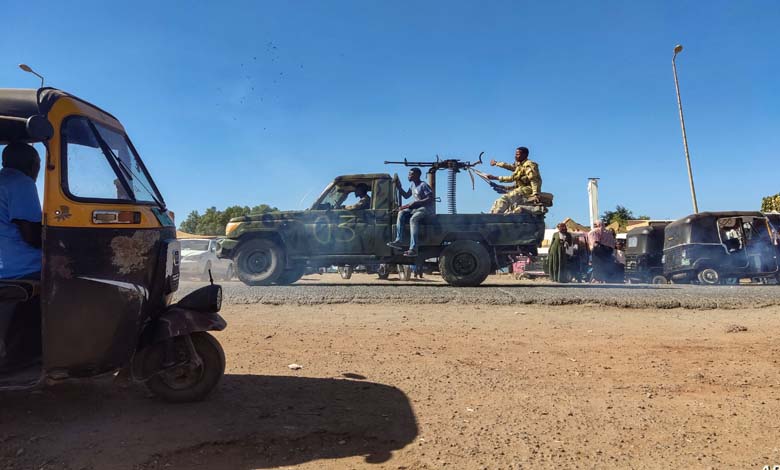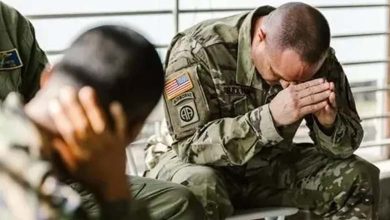Rapid Support Forces enter wad madani in a victory tightening the noose on evidence
Support forces accuse the Sudanese army of committing massacres in Wad Madani with the support of remnants of the previous regime

The Rapid Support Forces, which have been fighting the Sudanese army for eight months, announced the entry into the city of Wad Madani in a significant military victory. Observers see the control of the densely populated city, which serves as a center for aid, as a turning point in the progress of the Rapid Support Forces through the western and central regions of Sudan. The International Organization for Migration stated yesterday, Monday, that about 300,000 people have fled the conflict.
Wad Madani is located approximately 170 kilometers southeast of the capital Khartoum in the Gezira State, an important agricultural region in a country facing escalating hunger. The International Organization for Migration stated in a statement that at least 250,000 to 300,000 people have fled the state since the clashes erupted four days ago.
Video clips released by the Rapid Support Forces showed fighters in small trucks roaming the streets of the city and on a bridge over the Blue Nile, where fierce fighting took place with the army forces. Witnesses also said they raided military sites in nearby villages.
In one of the video clips, fighters from the Rapid Support Forces surrounded Coptic priests, claiming they could not escape but asked for assistance from the Rapid Support Forces to leave the city.
The Rapid Support Forces confirmed in a tweet, “Liberating the headquarters of the First Brigade of the First Infantry Division in Wad Madani, in addition to liberating the Central Reserve Camp and the entrance to Hanoub Bridge from the east.”
The Rapid Support accused elements of the army of assisting elements of the al-Bashir regime in committing heinous massacres in Wad Madani.
The war between the army and the Rapid Support Forces has displaced about seven million people, leaving the capital in ruins and causing a major humanitarian crisis, allowing the rise of ethnic-based killings in Darfur.
The two forces shared power with civilians after the overthrow of former leader Omar al-Bashir in 2019 and allied in a coup in 2021, but a dispute arose between them over an internationally supported political transition plan.
The International Organization for Migration said that the clashes between the Rapid Support Forces and the army around Wad Madani have caused a large displacement in the past few days.
Half a million people have generally sought refuge in the Gezira State, and at least 85,000 live in Wad Madani, relying increasingly on the city’s facilities for health care, aid, and government services that have begun to falter in recent days.
Hiba Abdul Rahim, who fled to Wad Madani with her family from Khartoum, said, “Fleeing again will completely drain our resources… (so) we will wait until we have no other option.”
She added that many neighboring families left together on a large truck. Gunfire could be heard, and military helicopters flew in the area, with the sound of airstrikes before sunset.
The United States and Saudi Arabia are leading mediation efforts that have not yielded results so far. After regional mediators in the Government Development Authority (IGAD) announced that the army and the Rapid Support Forces agreed on a ceasefire last week, both sides quickly withdrew from it.
Researcher Reem Abbas said that controlling central Wad Madani, where major roads meet, gives the Rapid Support Forces greater control over trade and allows them to obstruct the army’s supply routes.
She continued that this “gives them time to organize themselves, and then they can start heading east… they will continue to pressure local communities and the army and the international community.”
The Rapid Support Forces stated in a statement that they are seeking to overthrow the al-Bashir loyalists in Wad Madani and preempt an attack by the army, which they accused of committing racist killings and launching indiscriminate airstrikes.
The Emergency Lawyers Group supporting democracy criticized racially motivated killings and torture operations in the Gezira State, stating that at least ten people were killed in Sudanese army airstrikes in Nyala, controlled by the Rapid Support Forces, in the past few days.












